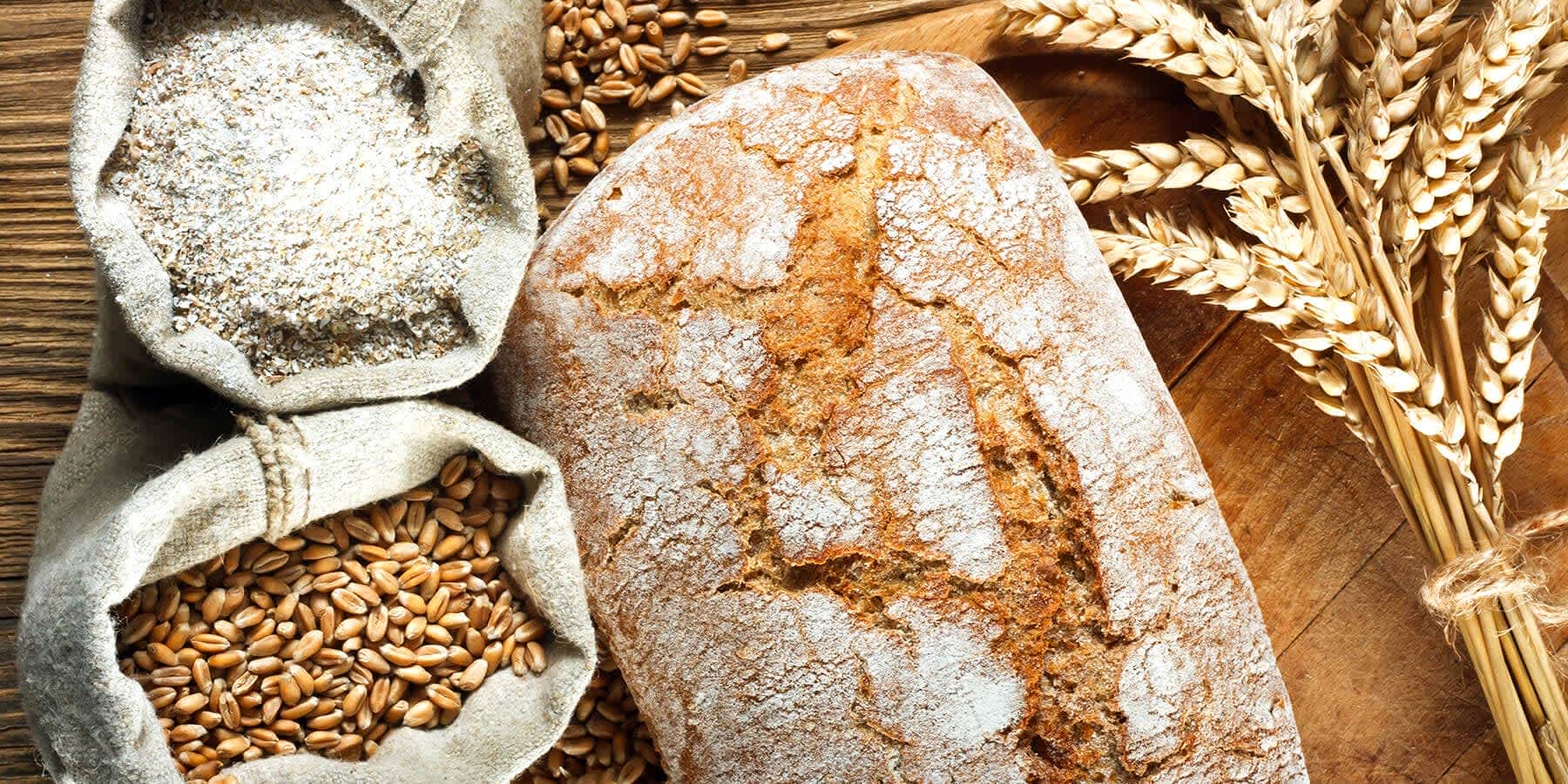
Does gluten cause inflammation?
Written on November 28, 2022 by Gillian (Gigi) Singer, MPH, Sexuality Educator & Certified Sexologist. To give you technically accurate, evidence-based information, content published on the Everlywell blog is reviewed by credentialed professionals with expertise in medical and bioscience fields.
Table of contents
- Types of gluten intolerance
- The science behind inflammation caused by gluten
- Preventing inflammation caused by gluten
- Related content
Gluten is a protein found in many grains, including wheat, barley, and rye [1], but it can also be found in wheat berries, durum, emmer, semolina, spelt, farina, farro, graham, khorasan wheat, and einkorn [2].
Gluten’s job is to help “foods maintain their shape, acting as a glue that holds food together” [2].
Gluten on its own is not toxic or damaging—it only has adverse effects in bodies that are predisposed to gluten intolerance.
Types of gluten intolerance
To be concise, yes, gluten causes inflammation in those with Celiac Disease (CD) and people with Non-Celiac Gluten Sensitivity (NCGS), though in different manners, according to research from Columbia University in 2020.
Celiac disease
Celiac disease (CD) “is a chronic disease causing inflammation of the proximal small intestine that occurs in genetically predisposed individuals when they eat gluten, which is the storage protein in wheat, barley, and rye” [3]. Simply put, consuming gluten causes inflammation of and damage to the small intestine for those living with CD.
Symptoms of CD include:
- Digestive issues
- Pain
- Fatigue
- Loss of bone density
- Mouth ulcers
- Weight loss
- Skin rash
To be diagnosed with CD, healthcare providers perform blood tests along with an endoscopy or capsule endoscopy. The best way to manage CD is to eliminate gluten from your diet.
Gluten sensitivity (GS)
Common symptoms of gluten sensitivity include:
- Diarrhea
- Constipation
- Gas
- Bloating
- Stomach pain
- Nausea
- Fatigue
- Headaches
If you are experiencing symptoms of GS, you should speak to a healthcare provider who can evaluate your symptoms and perform some tests to rule out other allergies or Celiac disease.
Managing GS often means reducing or eliminating gluten from your diet and supplementing with digestive enzymes.
Fad dieting
Many individuals in the United States maintain gluten-free diets (GFD) despite not having gluten sensitivity or CD. Only about 1% of the global population has CD [4], yet research shows that “25% of American consumers reported consuming gluten-free foods” in 2015, which sparked a 136% growth rate for the gluten-free industry in just two years. This rate clearly “far outpaces CD awareness and increases in prevalence" [5].
All of this is practiced, although “there is no compelling [scientific] evidence that a gluten-free diet will improve health or prevent disease if you don't have celiac disease and can eat gluten without trouble” [1].
The science behind inflammation caused by gluten
Gluten, a storage protein in wheat, rye, and barley, triggers inflammation and intestinal damage in people with celiac disease [1]. Inflammation, in general, is a response from your immune system.
Additionally, Dr. Alessio Fasano, MD, states, “Unlike other proteins, we don’t digest gluten completely… In some people, the immune system sees gluten as the enemy and will unleash weapons to attack it, causing inflammation in the intestines as well as in other organs and tissues. This can cause serious problems outside the gut, including weight loss, anemia, osteoporosis, infertility and miscarriage, skin rashes, headache, depression, fibromyalgia, and joint pain. This is partly due to inflammation and partly due to poor absorption of vital nutrients” [6].
Preventing inflammation caused by gluten
According to Dr. Robert H. Shmerling at Harvard University, “If you do have celiac disease, a gluten-free diet is necessary to eliminate the inflammation…Avoiding gluten makes sense for people with celiac disease, wheat allergy, or those who feel unwell whenever they consume gluten” [1]. He also explains that there is no scientific evidence showing that eliminating gluten decreases inflammation in people without celiac disease [1].
Related content
Does alcohol cause inflammation?
Can pain and inflammation cause high blood pressure?
References
- Robert H. Shmerling MD. Ditch the gluten, improve your health? Harvard Health. URL. Published April 14, 2022. Accessed November 20, 2022.
- What is gluten? Celiac Disease Foundation. URL. Published January 26, 2021. Accessed November 20, 2022.
- See J, Murray JA. Gluten-free diet: The medical and nutrition management of celiac disease. Nutrition in Clinical Practice. 2006;21(1):1-15. doi:10.1177/011542650602100101. URL
- Definition & Facts for Celiac Disease. National Institute of Diabetes and Digestive and Kidney Diseases. URL. Published October 2020. Accessed November 20, 2022.
- Reilly NR. The gluten-free diet: Recognizing fact, fiction, and fad. The Journal of Pediatrics. 2016;175:206-210. doi:10.1016/j.jpeds.2016.04.014. URL
- Rath L. The connection between gluten and arthritis. Does Gluten Affect Arthritis Symptoms? URL. Accessed November 20, 2022.